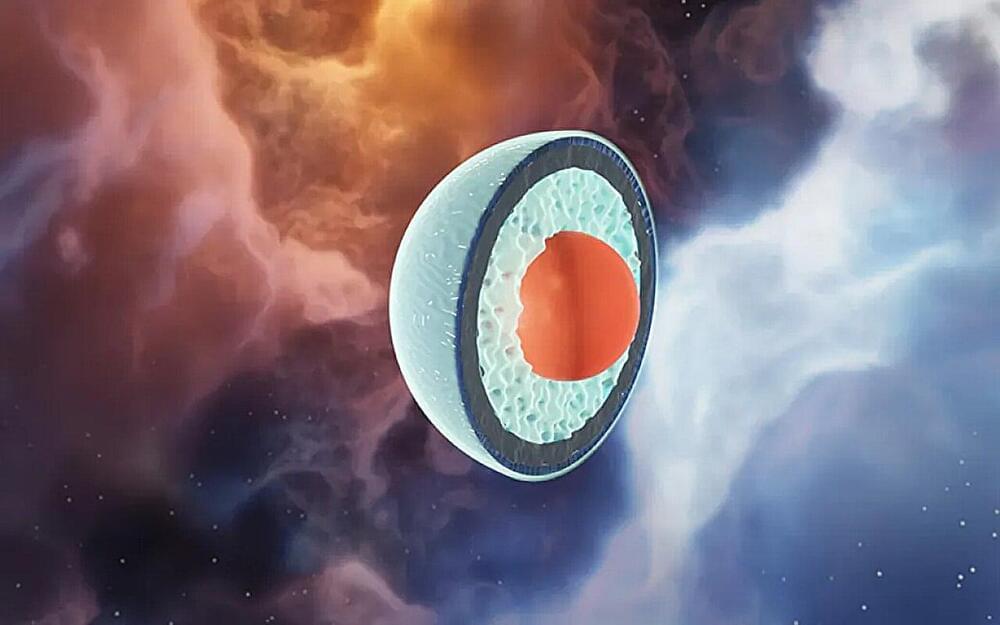Neutron-star cores contain matter at the highest densities reached in our present-day universe, with as much as two solar masses of matter compressed inside a sphere of 25 km in diameter. These astrophysical objects can indeed be thought of as giant atomic nuclei, with gravity compressing their cores to densities exceeding those of individual protons and neutrons many-fold.
These densities make neutron stars interesting astrophysical objects from the point of view of particle and nuclear physics. A longstanding open problem is whether the immense central pressure of neutron stars can compress protons and neutrons into a new phase of matter, known as cold quark matter. In this exotic state of matter, individual protons and neutrons no longer exist.
“Their constituent quarks and gluons are instead liberated from their typical color confinement and are allowed to move almost freely,” explains Aleksi Vuorinen, professor of theoretical particle physics at the University of Helsinki.
